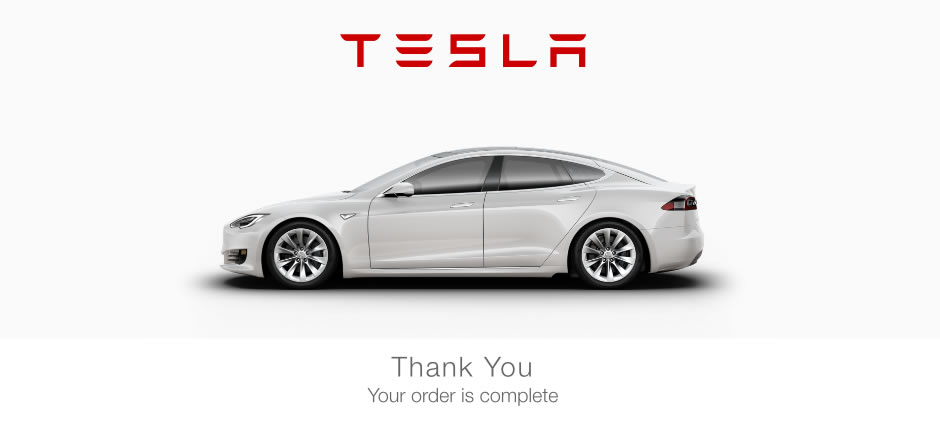
18 May Digital Economy Introduces Tech-Centric Corporate Culture
The digital economy is not only changing the way we live and work, it is also changing corporate culture. A new tech-centric corporate culture has some commonalities, but major differences from its predecessor models, customer-centric and social-centric.
Wholistic Corporate Culture
Ideally, all companies seek to have a wholistic corporate culture. A culture that manages all of its relationships and affairs with excellence. Take the famous Johnson & Johnson’s Credo for example. The credo publicly announces that Johnson & Johnson (JNJ) will properly manage its relationships with its customers, employees, society as a whole, and shareholders, while being innovative and financially responsible. The very idea of publicizing a credo is a scary proposition for today’s CEO. Why? Corporate leaders are under enormous financial pressure to perform for Wall Street at all cost. This flips the prioritization found in the Johnson & Johnson Credo upside-down. The shareholder, mostly institutional investors, are placed in pole position, while customers, employees, innovation, and society are all bidding for a company’s attention.
Customer-Centric Corporate Culture
Many organizations want to have a customer-centric culture, but few actually do. Amazon.com (AMZN) has consistently demonstrate what it means to have a customer-centric corporate culture in a digital economy. They have married a corporate culture that focuses on how to continuously improve serving its customers while leading innovation. They are constantly listening to their customer, and adapting their operation to serve their customers better. Even though companies like Amazon.com are customer-centric, does not mean they are not assuming social or financial responsible. For example, Amazon.com has recently instituted Smile (smile.amazon.com). This gives every Amazon.com customer the ability to provide a portion of their order value to their favorite charity or alma mater without increasing the cost of a purchase for the customer.
Industries that still require personal interaction with customers are struggling to execute a customer-centric corporate culture in the digital economy. For example, the entertainment and hospitality industries must be customer focused. But, providing a personal touch or a genuine friendly smile is hard to instill as part of a corporate culture in today’s digital economy. Online hospitality and travel companies are not exposed to the hands-on requirements necessary to serve guests in-person. Giving a customer a better method to click on a shopping cart button is how companies view themselves as being customer-centric in today’s digital economy. But, that does not fill the gap for those serving customers on the ground floor.
Tech-Centric Corporate Culture
Tech-Centric is a new corporate culture of choice for companies like Apple (AAPL), Tesla Motors (TSLA), and Facebook (FB) who have placed technology at the center. Customers are not only buying a brand or product, but they are investing in the hyper tech culture of these companies. A culture which seeks to leverage technology to drive the customer’s needs and wants by offering new ways to live, work and relate to others.
Tesla is a tech company that happens to make cars. - Elon Musk
The same kind of thinking applies to how these tech companies see themselves serving their customers. It is a topdown approach with the help of aggregated analytical data on customer preferences, buying habits, and behaviors. In essence, companies are saying, “We will crunch the numbers, and develop something we believe you will want and like based on your data input.”
Pros and Cons with a Tech-Centric Corporate Culture.
The Pro:
Companies have the ability to drive innovation by using analytical data. Guessing customers’ perceptions, desires, and wants is a thing of the past. Customers are being and will continue to be profiled with great depth and breath as analytical profiling is still in the infancy stage compared to the future. The intention and purpose of a tech-centric corporate culture is to provide highly targeted marketing, improve service, improve products, and ultimately create a better overall experience with companies.
The Con:
When walking into an Apple store or Tesla Motors dealership, you will be attentively ‘managed.’ But, when walking out, you may not feel like you just won the lottery as it pertains to personal relationship development. A tech-centric corporate culture does not seek to build personal rapport with customers, but strictly sticks to their processes and numbers. The idea is to maximize a company’s ability to best manage the most amount of customer needs demonstrated through analytics. Flexibility is lost as customers make simple requests that don’t fit inside the box. Customers can often be left dissatisfied over petty stuff.
A customer tech-centric corporate culture creates a bittersweet experience. On one hand, it is great to experience an organization that operates like a well oiled machine because of its technology and processes. On the other hand, the inflexibility that a tech-centric corporate culture can create hinders a company’s ability to serve customers as if they are a valuable friend instead of another record in a database. So, what is pro, is also a con. A tech-centric corporate culture causes a double edge sword for both companies and their customers.
Summary
Even a tech-centric corporate culture strives to take a wholistic approach by making technology the method of doing so. Moving forward, in a hyperconnected world, a tech-centric corporate culture will continue to gain popularity and eventually overtake a customer-centric or social-centric corporate culture. However, companies must consider the pitfalls that exist with a tech-centric corporate culture – personalized on-screen experience, but less personalized off-screen experience. Being personal does not just mean being available or clickable. It also means providing customer service beyond the standards and normal protocol.
Resources:
On the Origin and Evolution of Corporate Culture
Inside Tesla – A Rare Glimpse Of Electric Carmaker’s Culture
10 Examples of Companies With Fantastic Cultures
Emotions in Social Life – Critical Themes and Contemporary Issues





No Comments